The Global Library of Women’s Medicine
Loading...
Enhancing the Welfare of Women
Expert Health Information for Women
Postnatal care
Care after childbirth for you and your family

The Global Library of Women’s Medicine
(www.glowm.com)
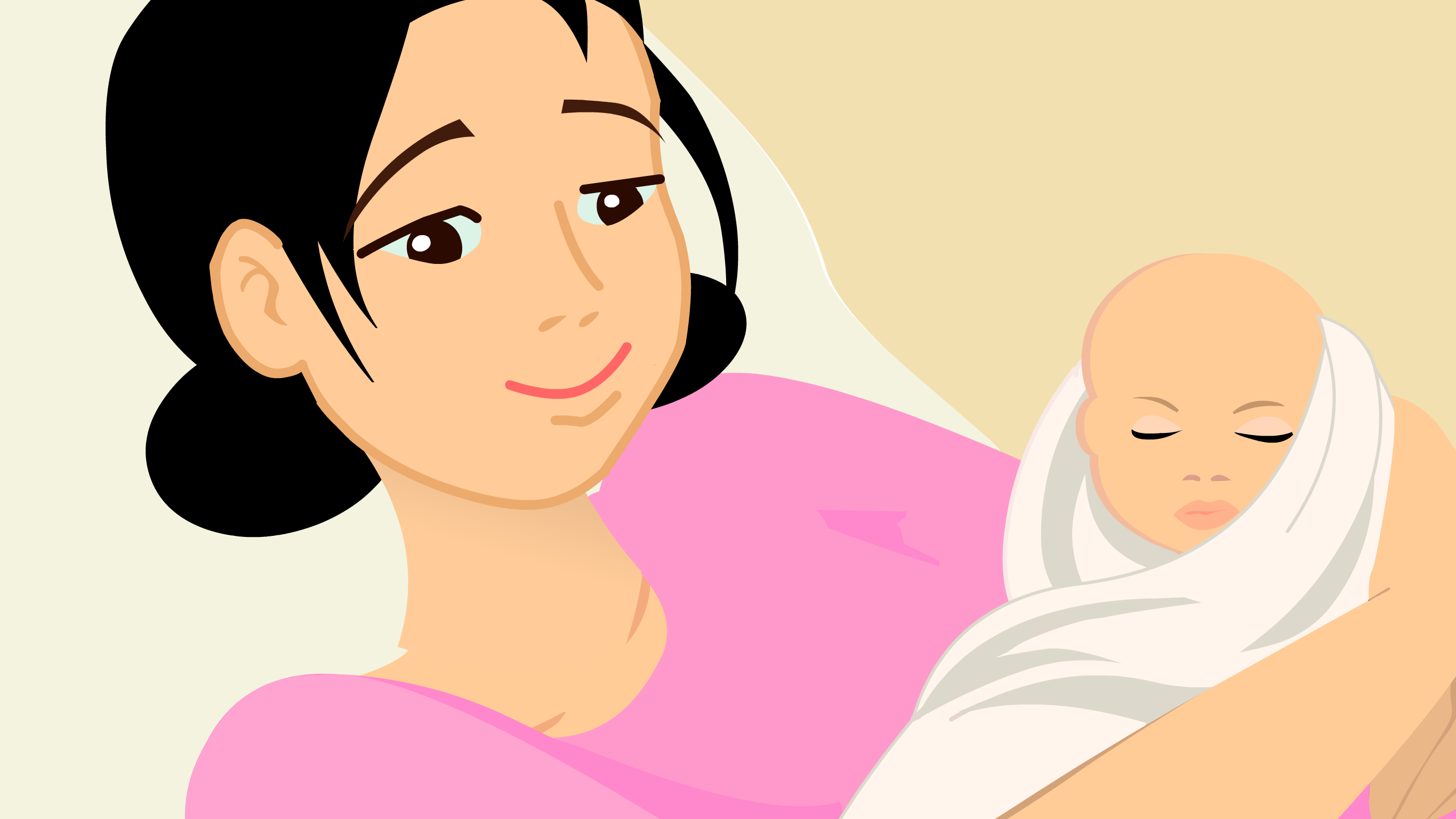
Pregnancy and giving birth are not easy and women need time to recover.
No matter what type of birth you have, receiving care and support in the first hours, days and weeks after birth, is very important for the health of you and your baby.

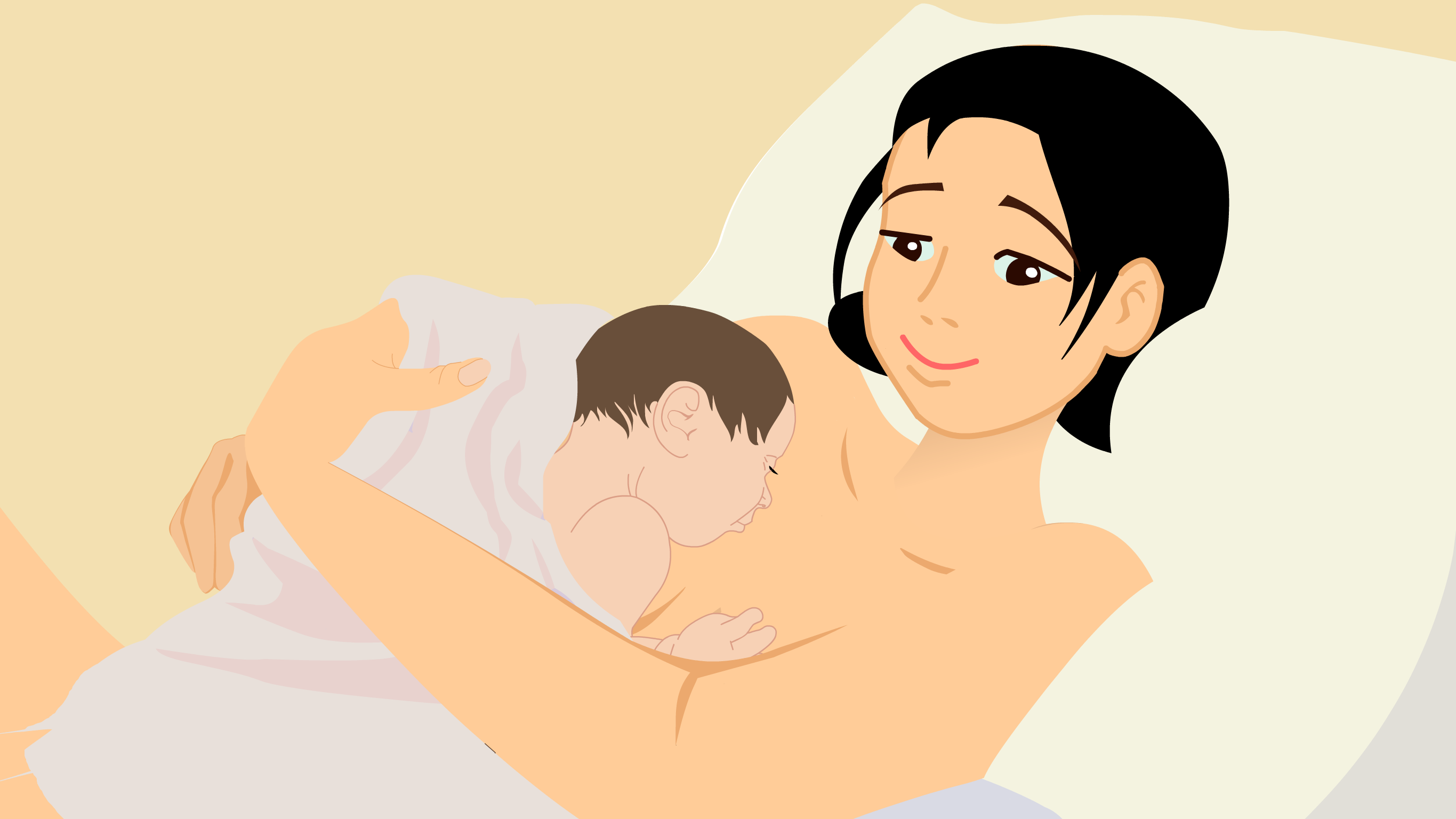
As soon as your baby is born, the baby should be dried, then placed unwashed onto your skin and covered to keep warm against your body – this is called being 'skin-to-skin' with your baby.

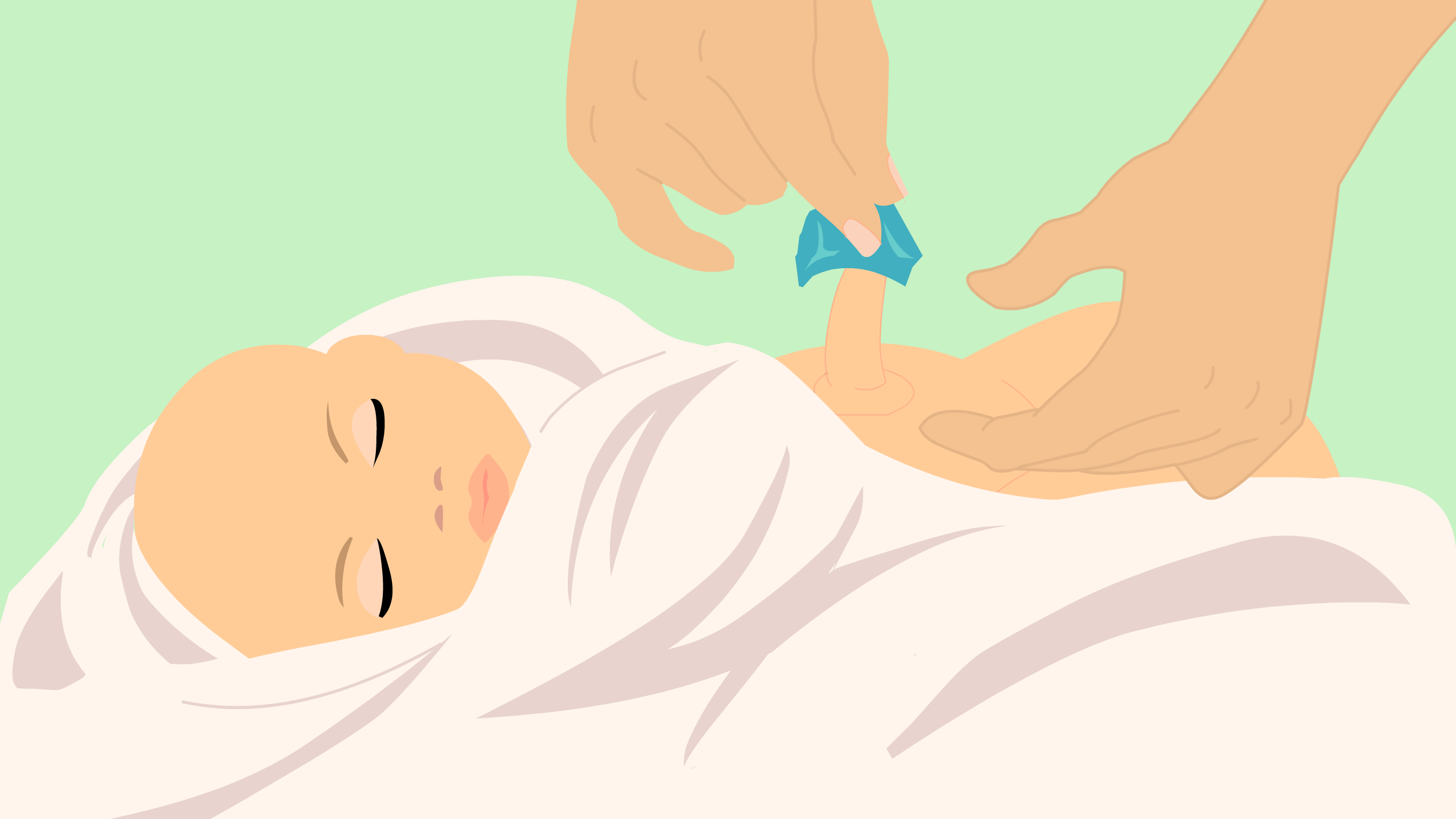
Keep the umbilical cord clean and dry and ensure the baby is well clothed and warm.

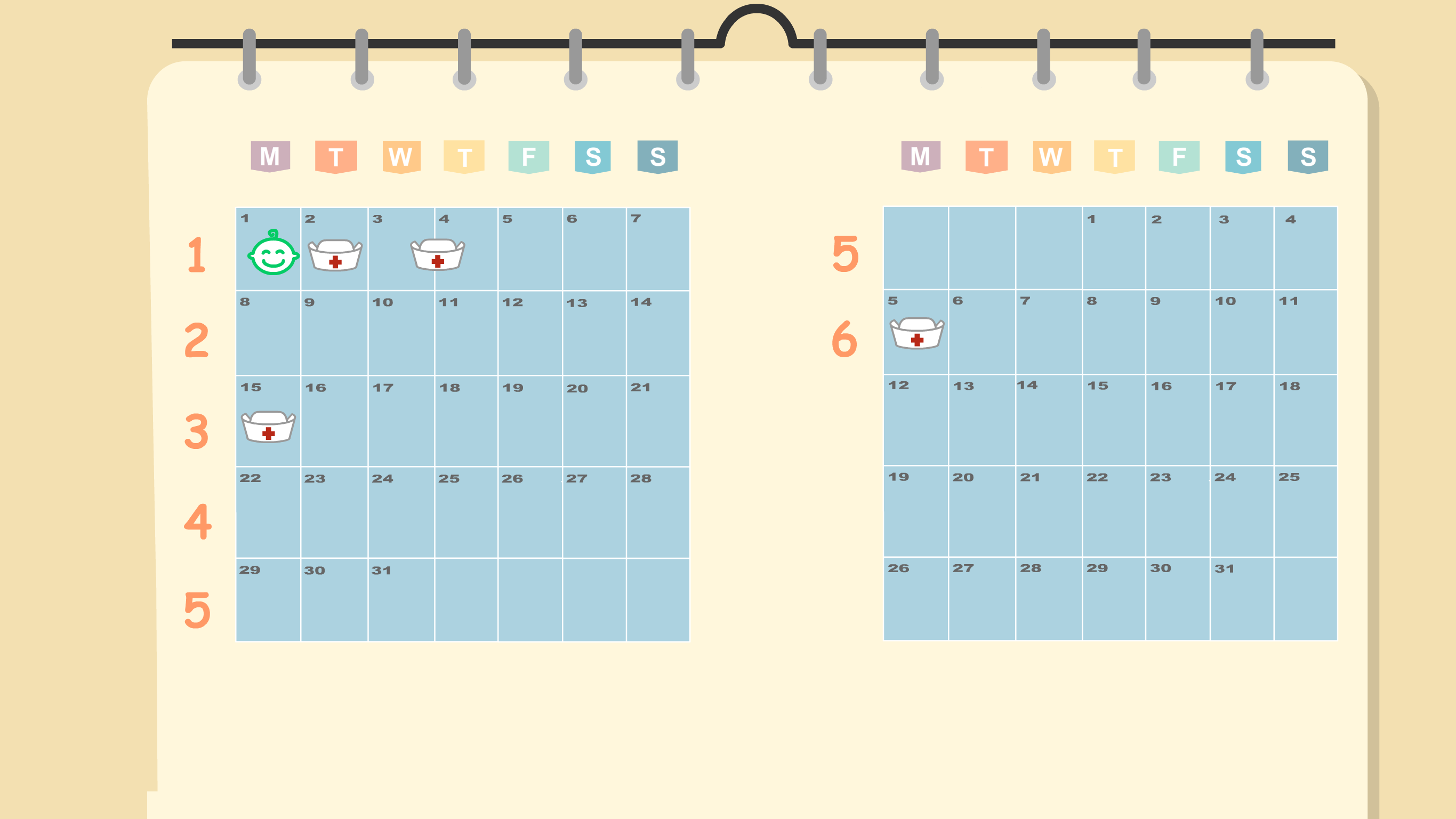
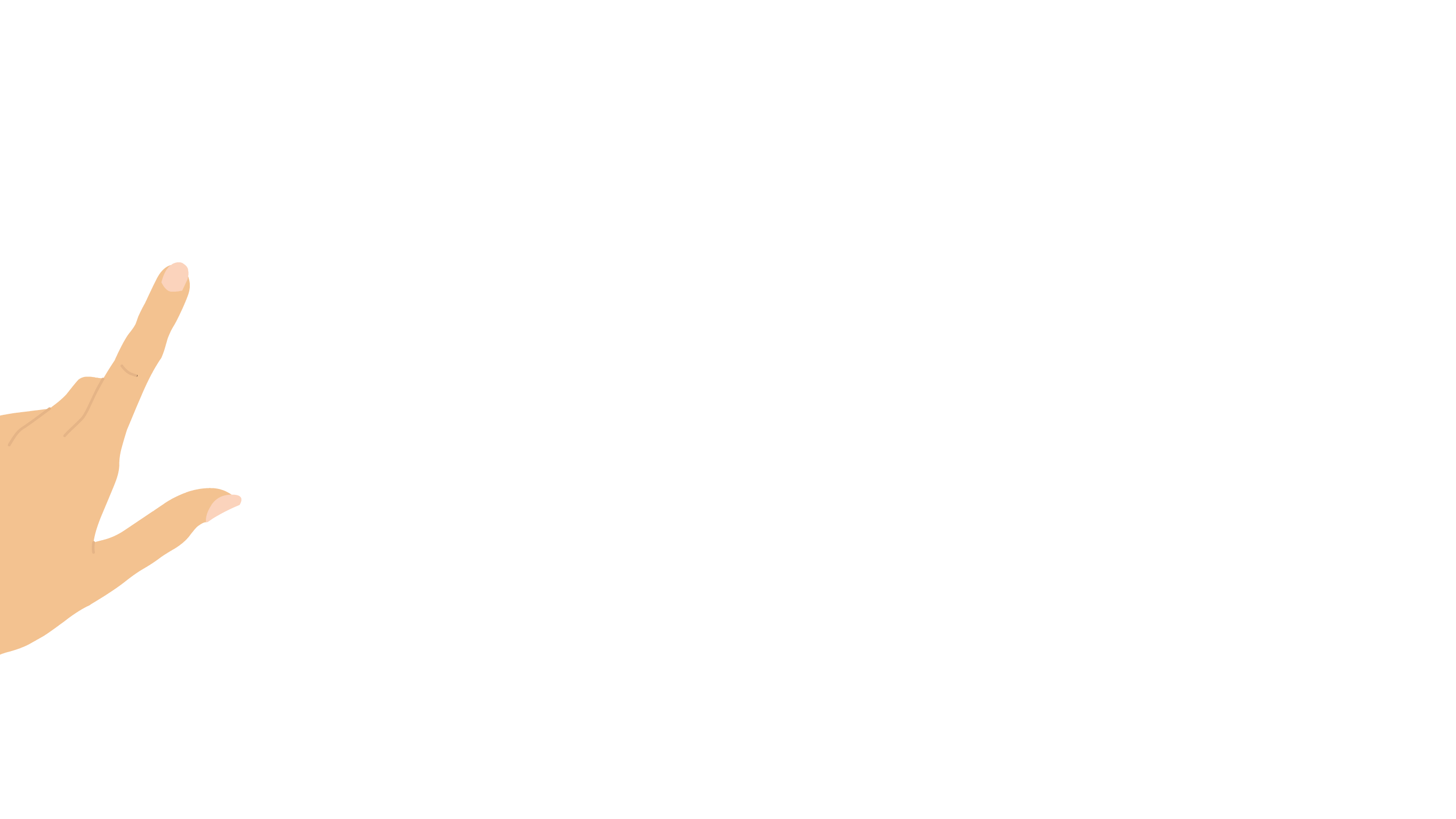
During the first 6 weeks, there are four important time points for you and your baby to be checked by a healthcare worker.
This is to prevent illness, spot possible danger signs and treat problems early.


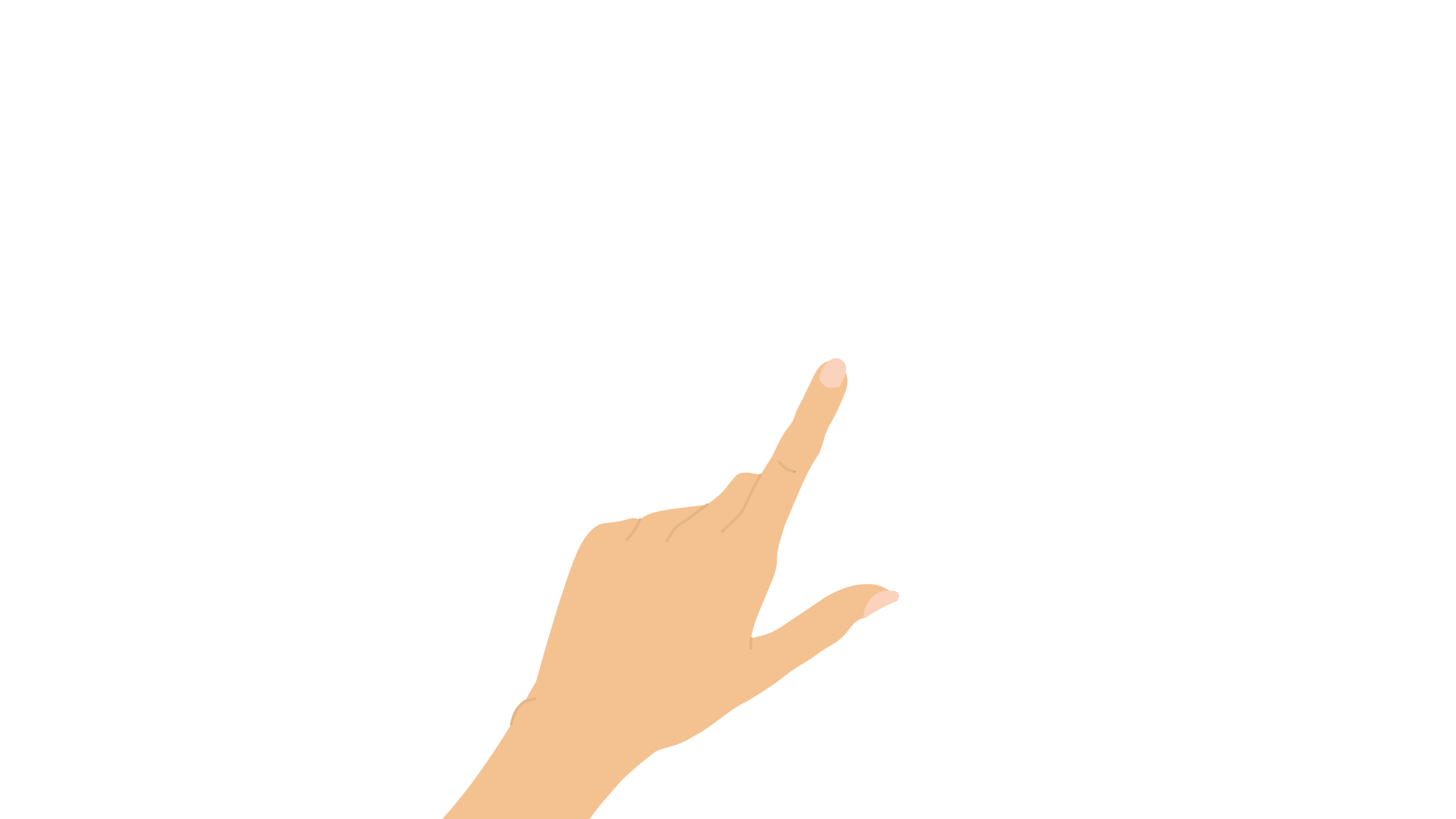
These checkups should be made on day 1 after birth, then on day 2 or 3 after birth, again on week 2 after birth and then on week 6 after birth.

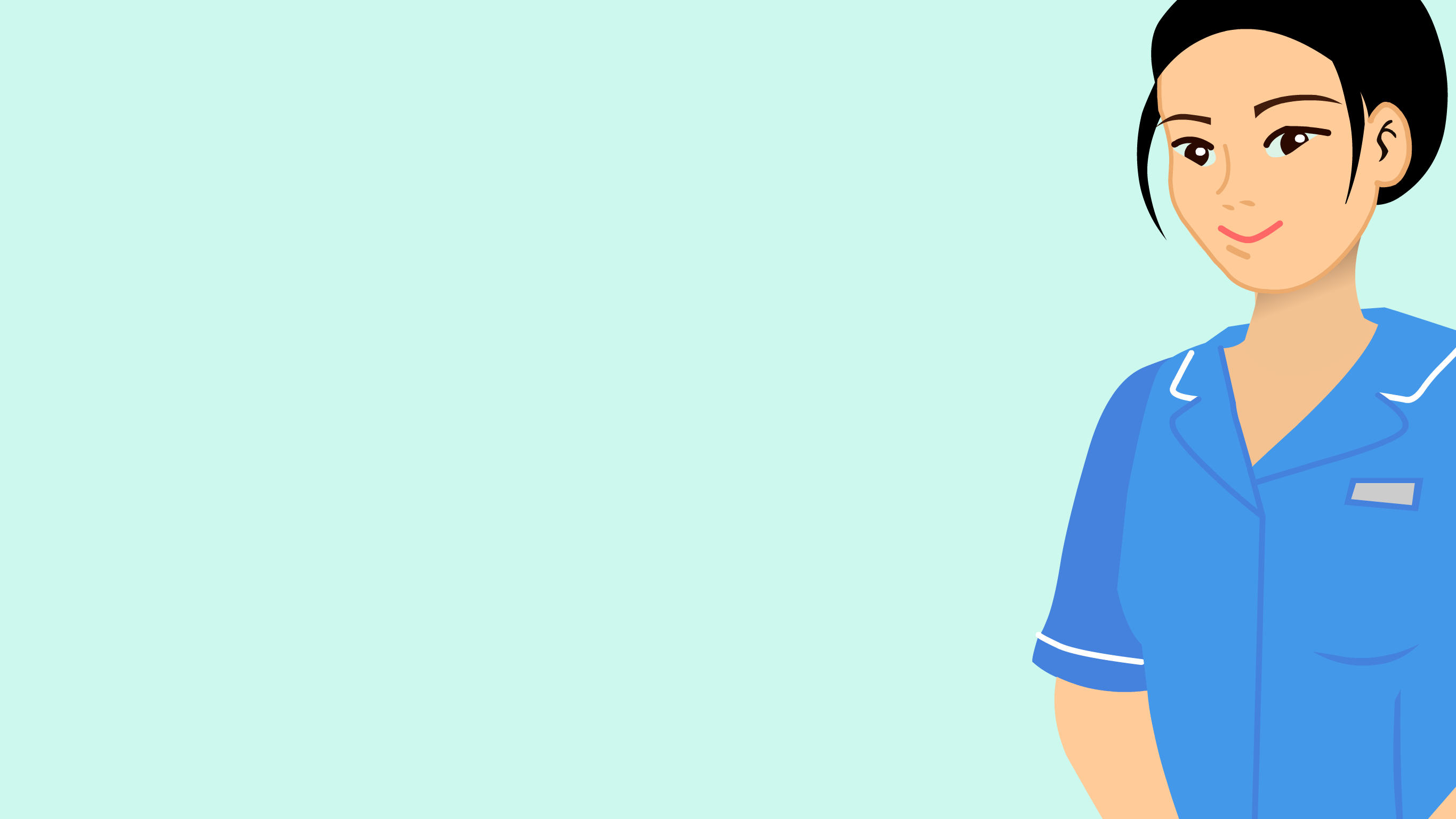
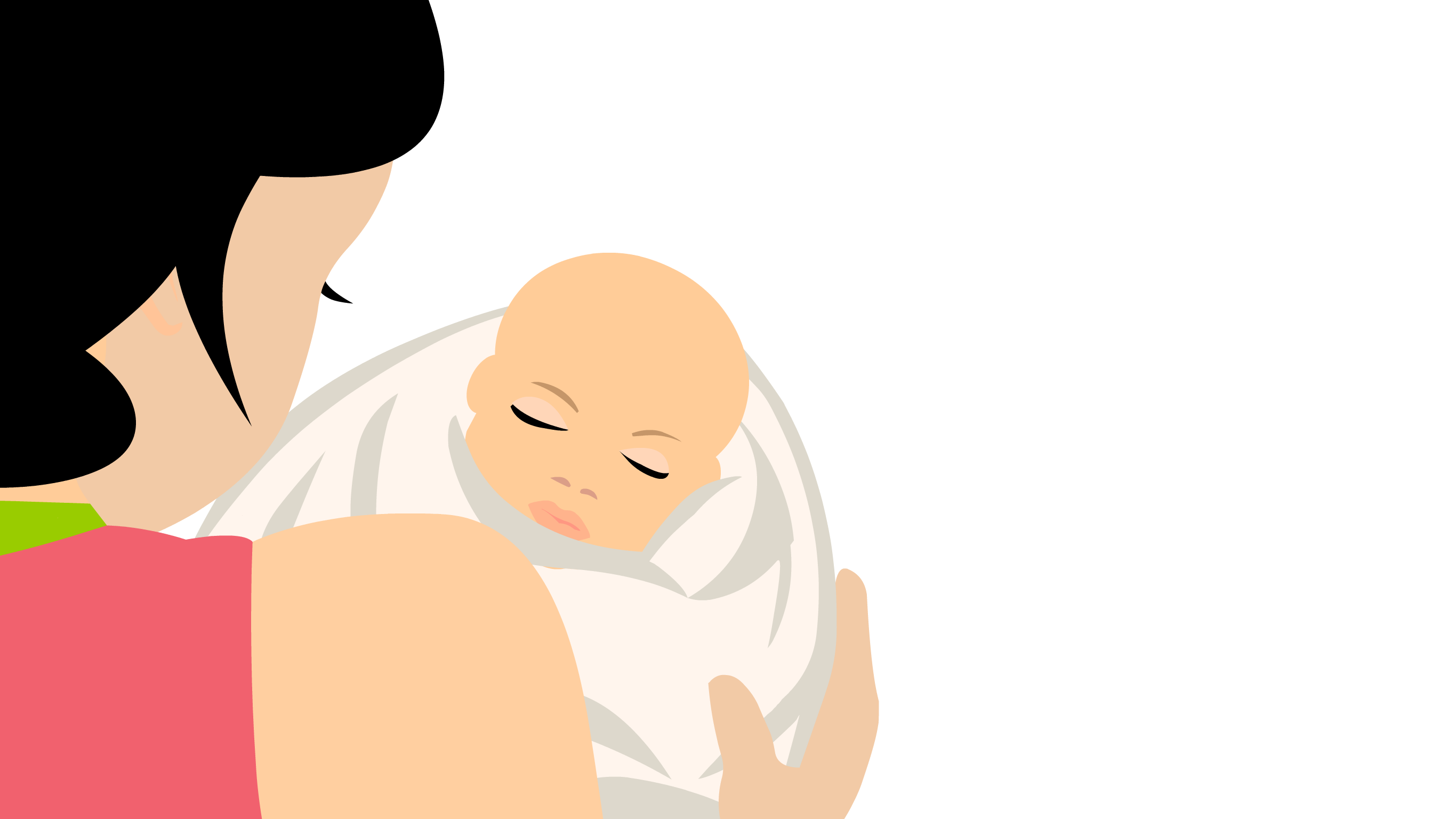
At each postnatal check, healthcare workers will talk with you about your health and wellbeing, check you and your baby for danger signs or illness, and give you information and support.

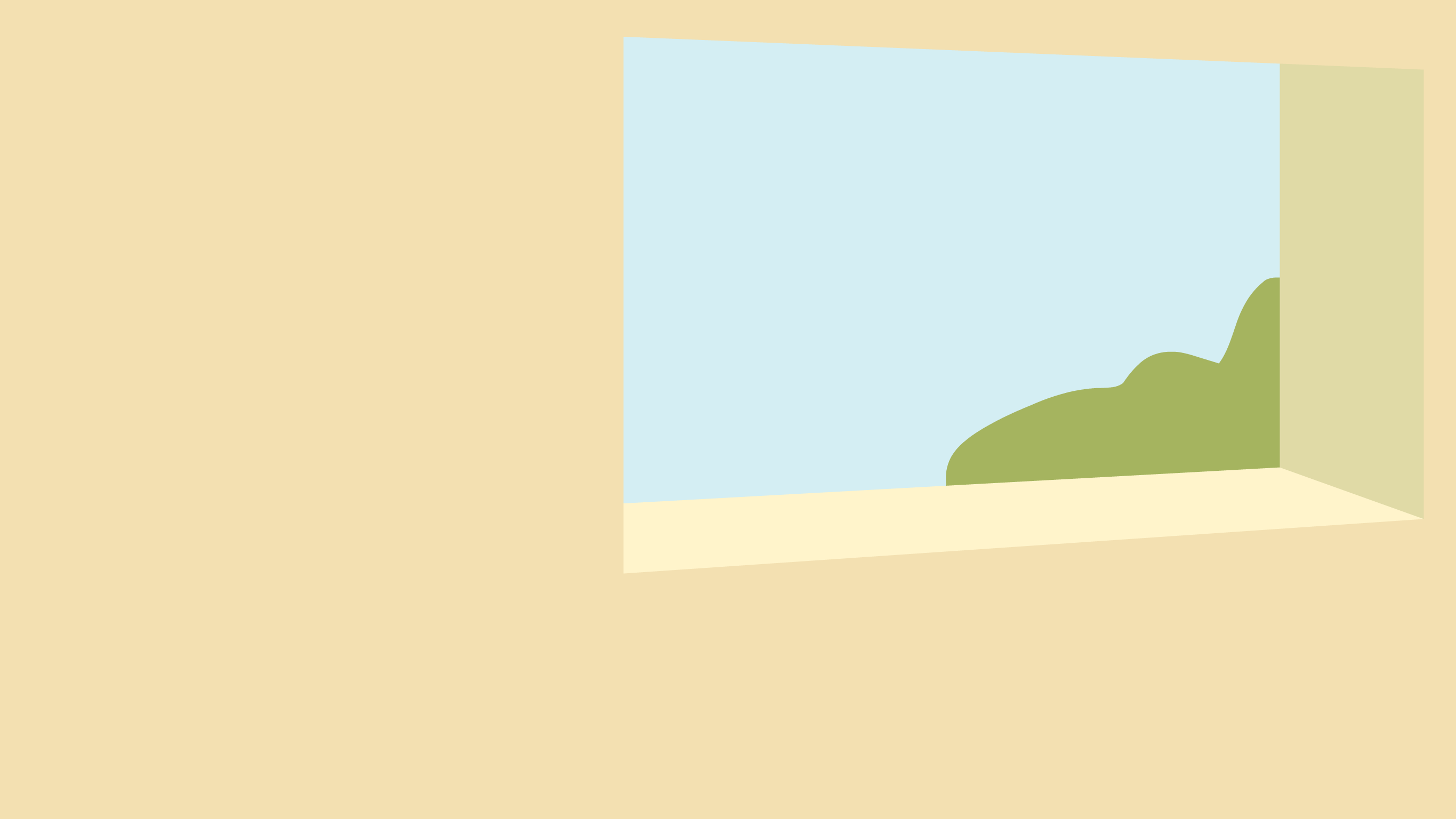
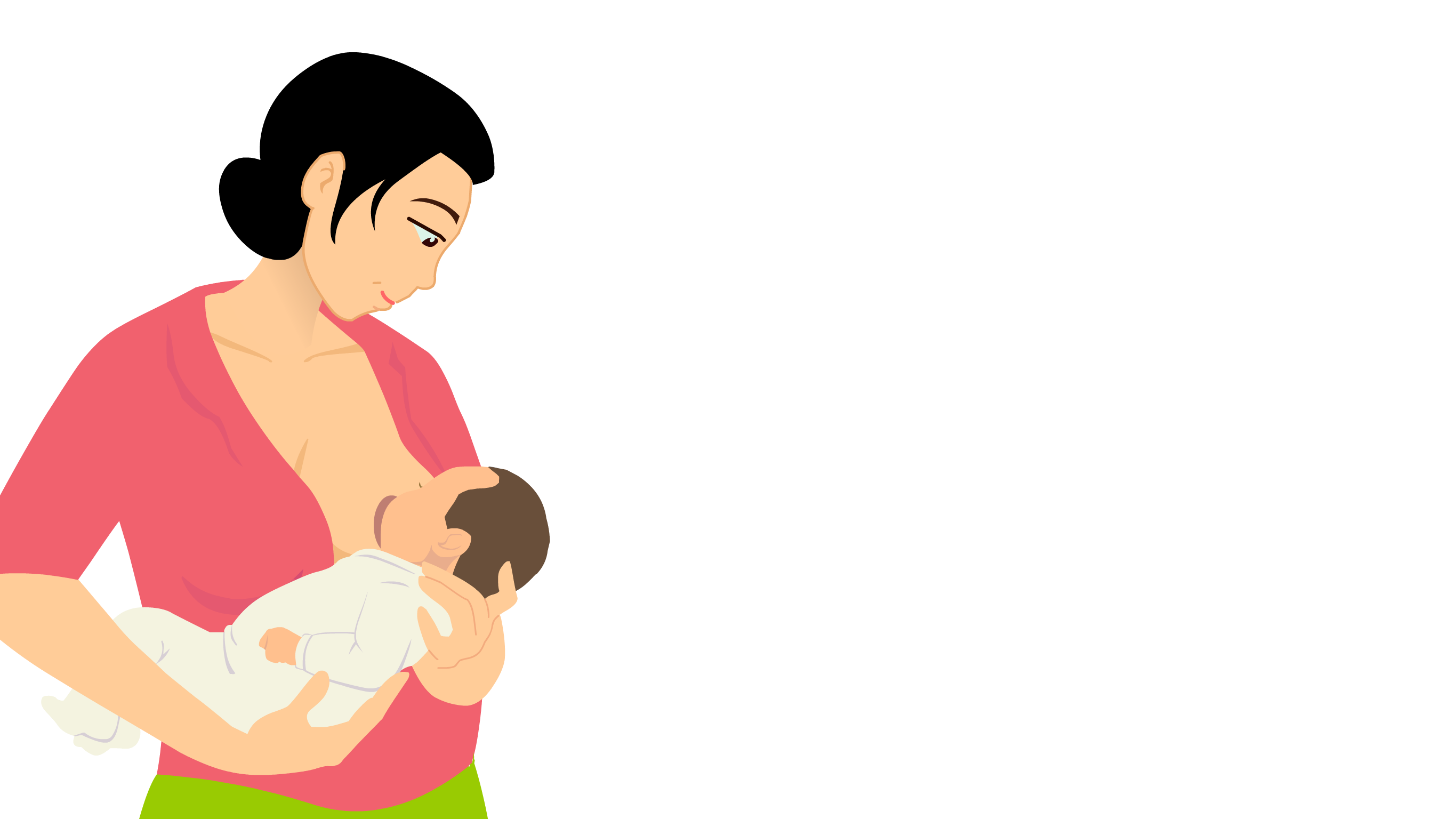
It is better for the baby’s health to drink only breast milk until 6 months old. This is not always easy, so remember to ask for help if needed. Do not give them any other food or drink until they are 6 months old.

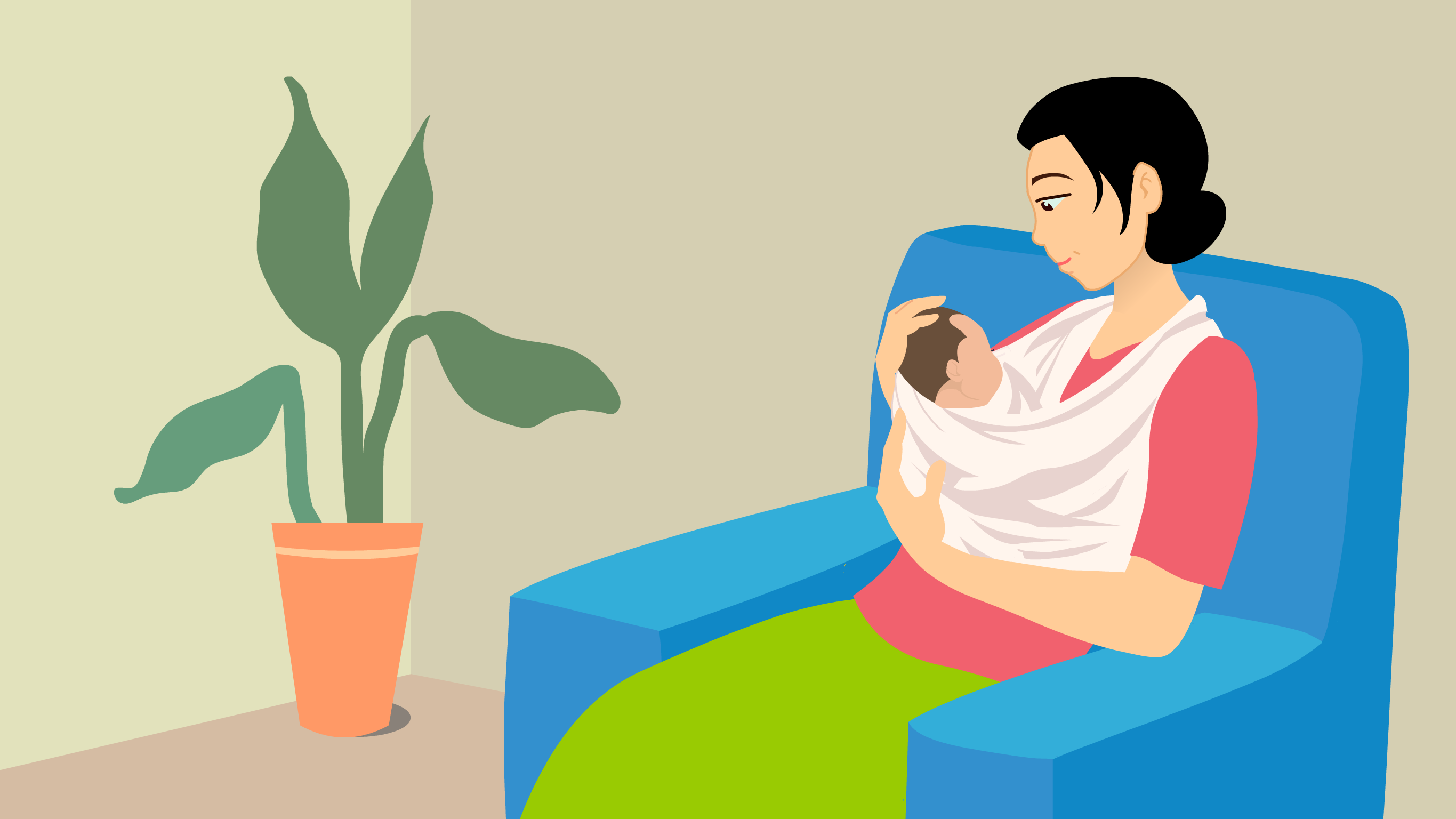
Talk to your baby and welcome them into the family. Never leave them alone.

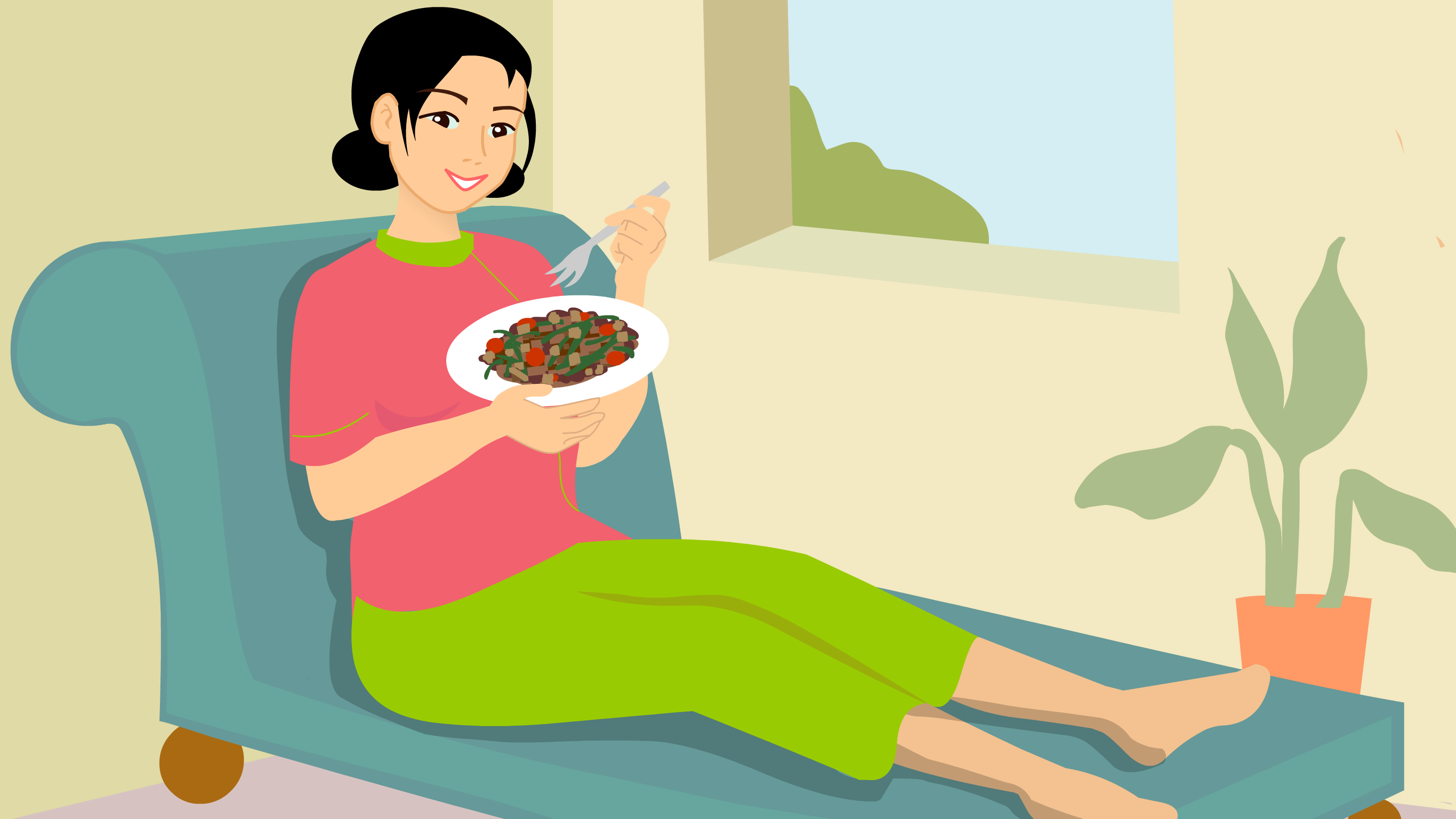
You should try to rest regularly, try to get enough sleep and eat different healthy foods.

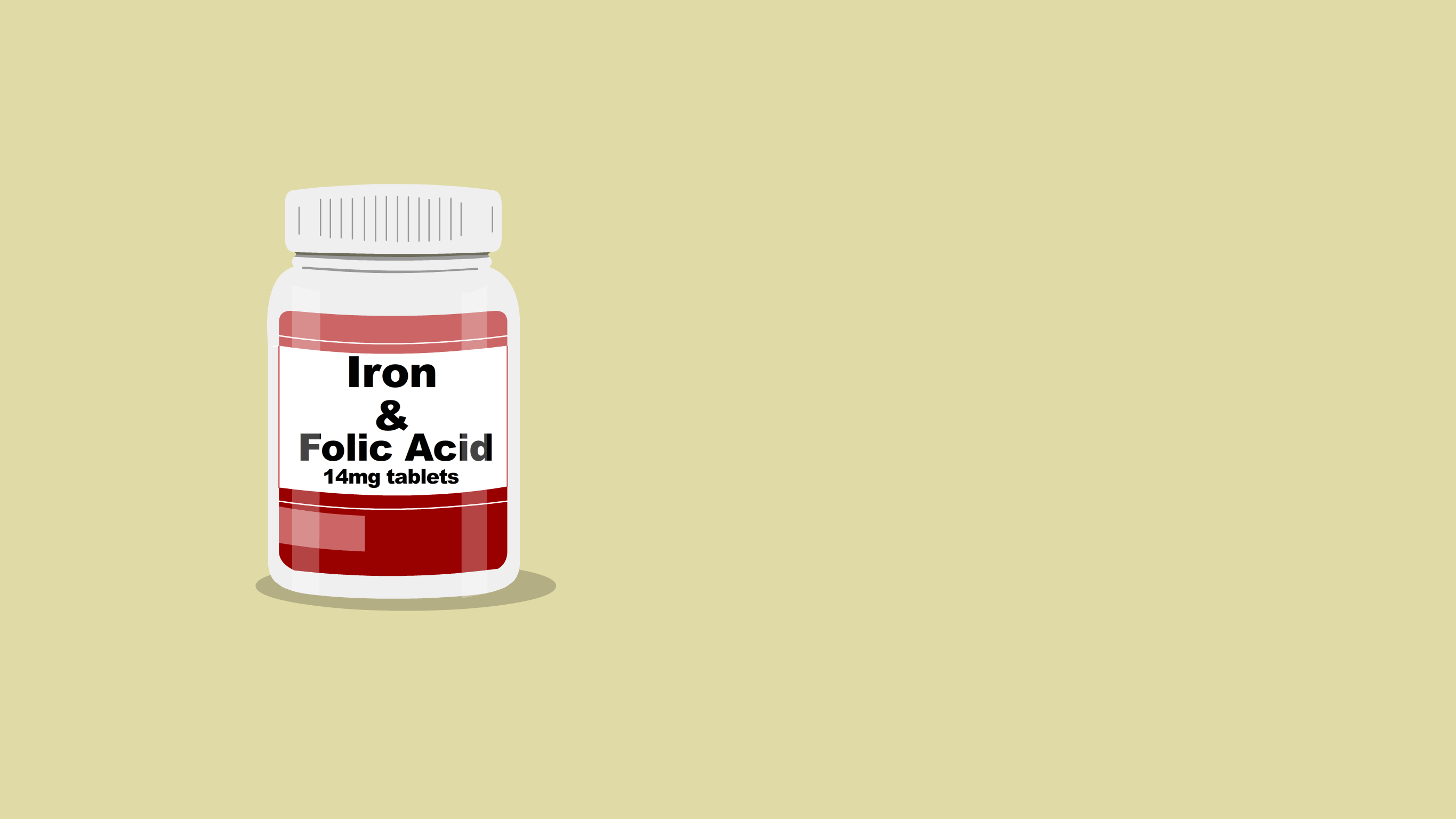
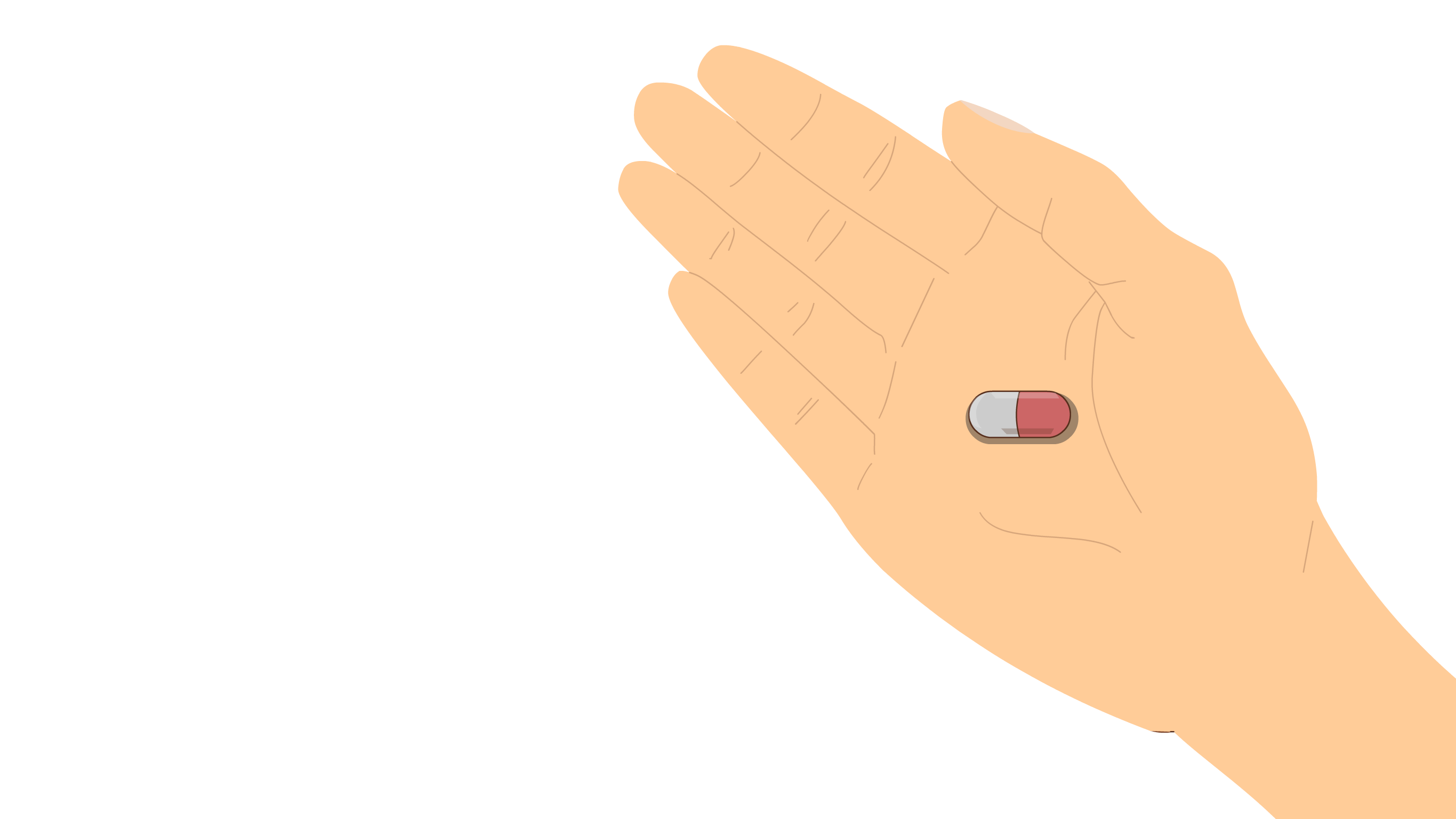
Take the medication, vitamins and supplements the healthcare worker recommends, such as iron and folic acid.

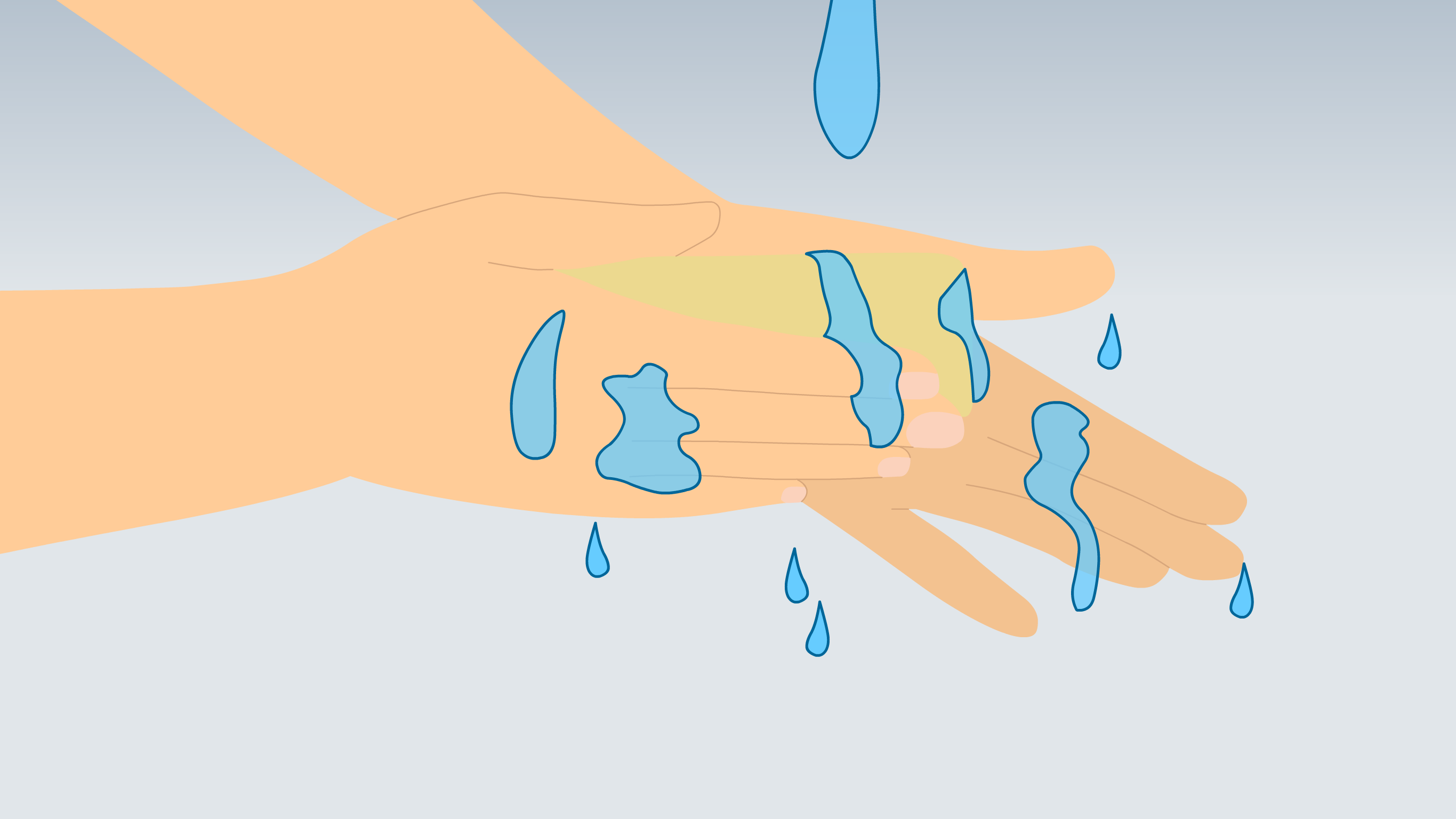
Wash your hands often, with clean water and soap.

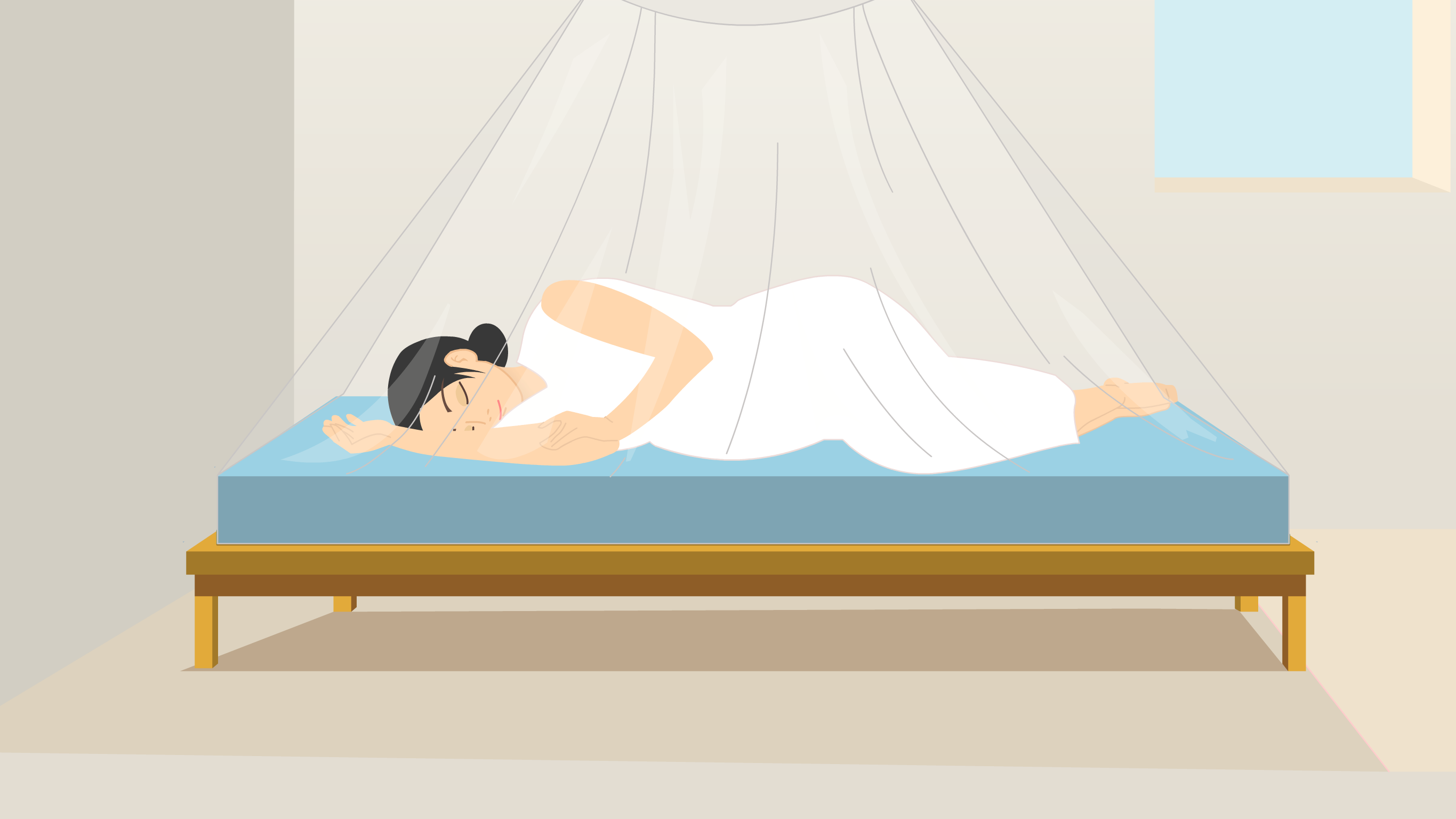
If you live in an area where malaria is common, both you and the baby should sleep under insecticide-treated bed nets that can keep you both safe from mosquito bites.

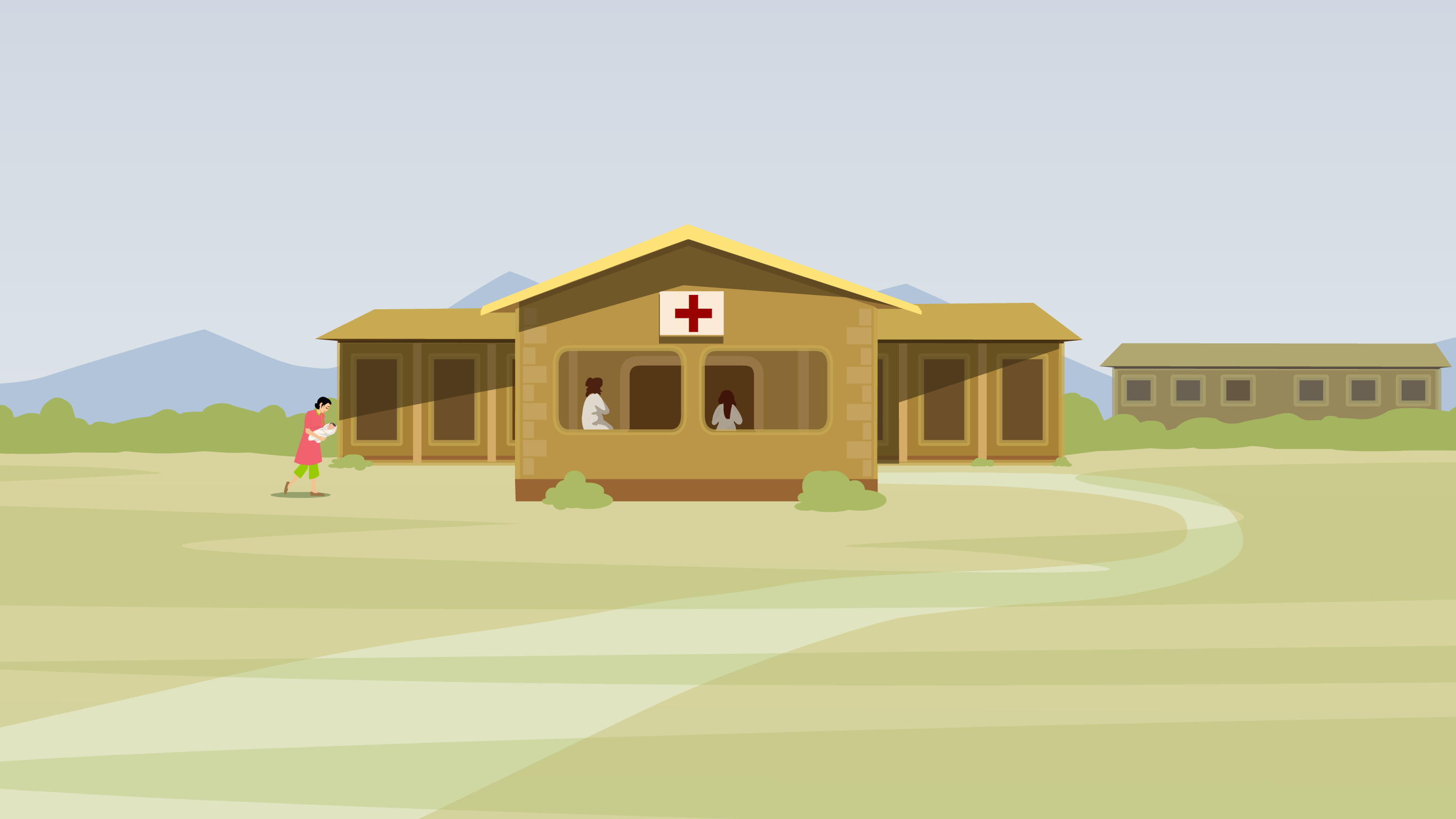
It is important to have a plan of what to do if you or your baby get sick. If you or your baby are sick or have any danger signs, then you should go straight to a healthcare facility.
Please watch the danger signs videos from this series for more information on what to look out for.

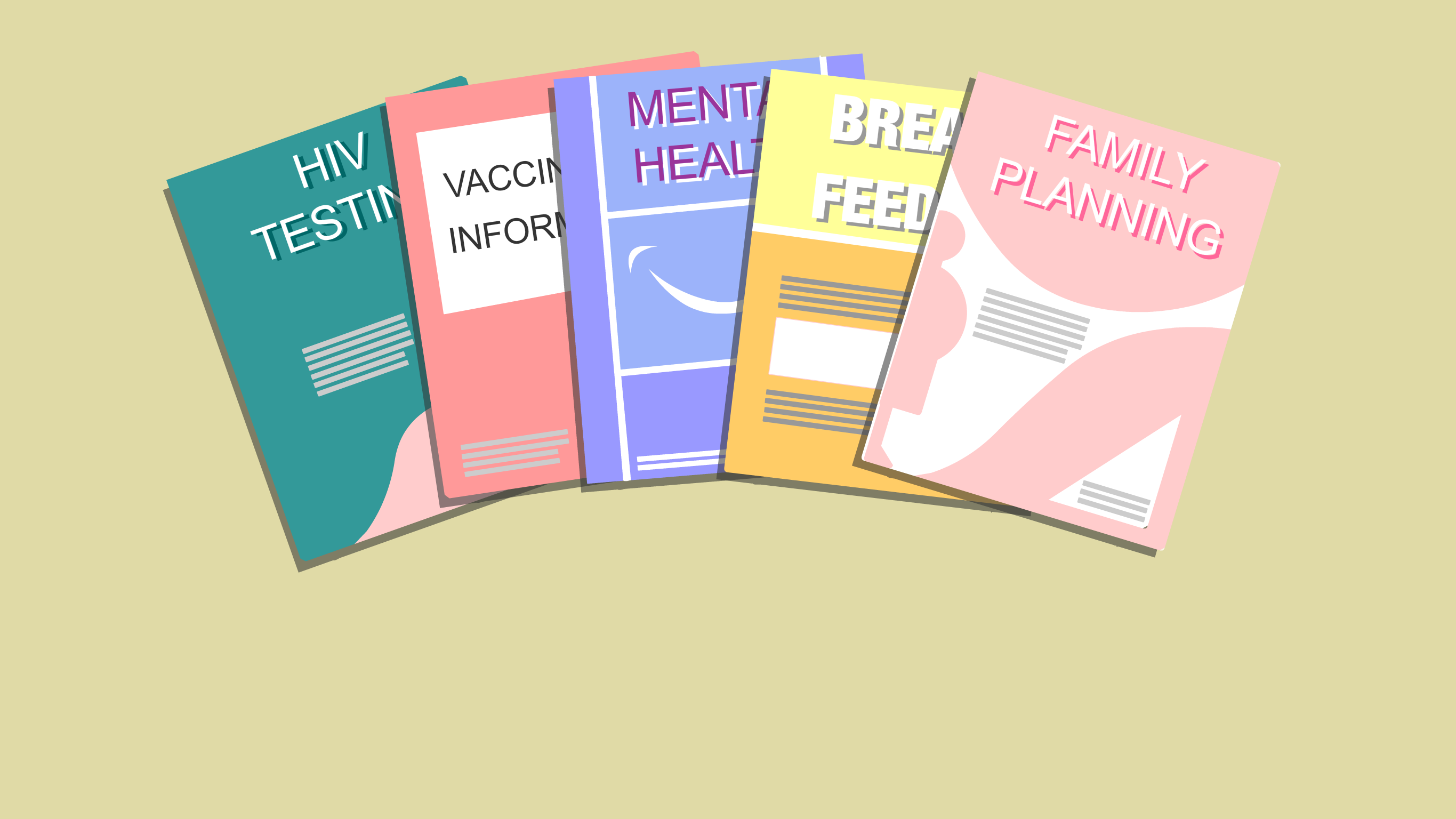
There are other healthcare services that are available for you and your family including family planning methods, breastfeeding support,
HIV testing, vaccination information and support for your mental health and wellbeing.

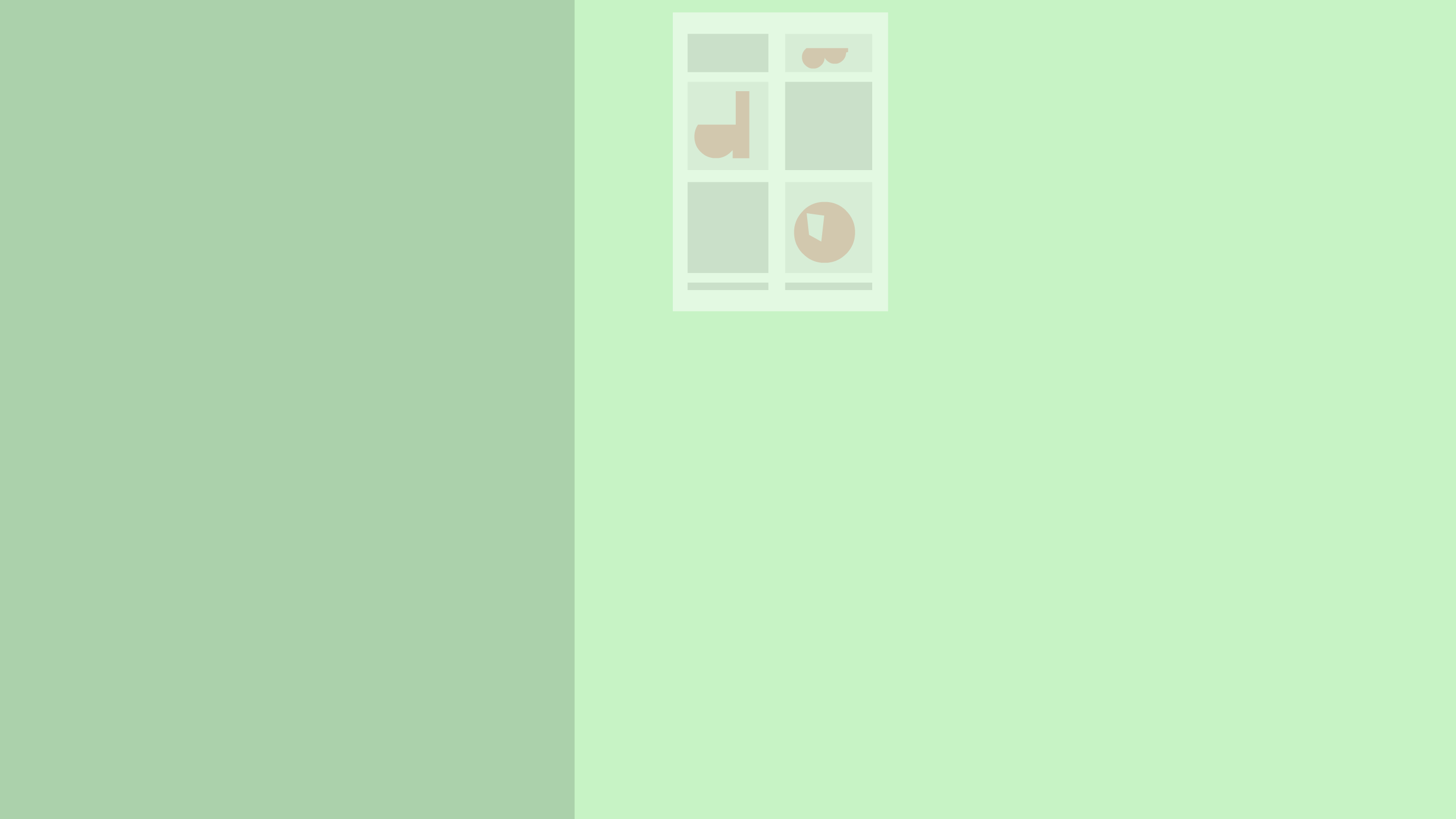
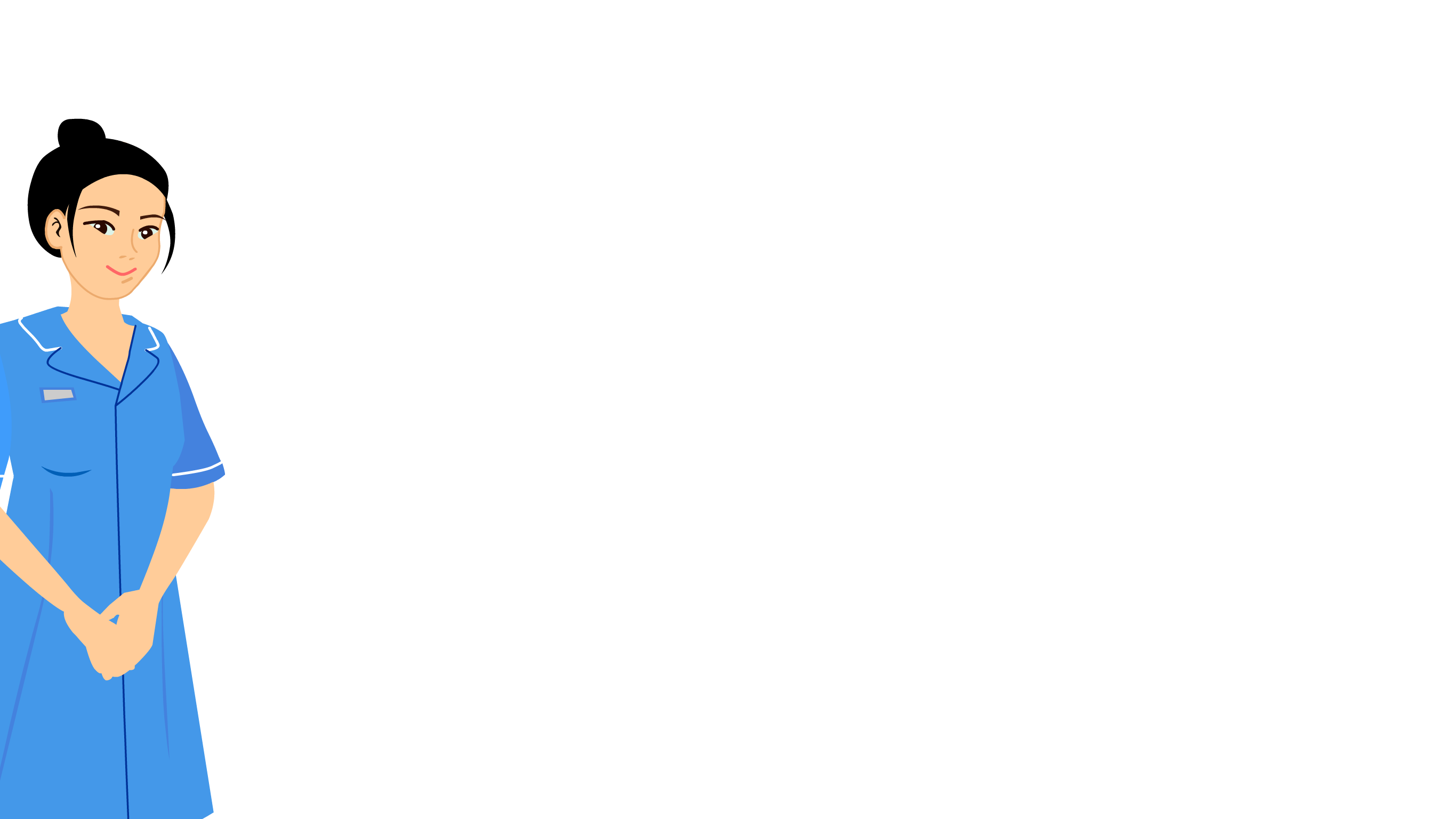
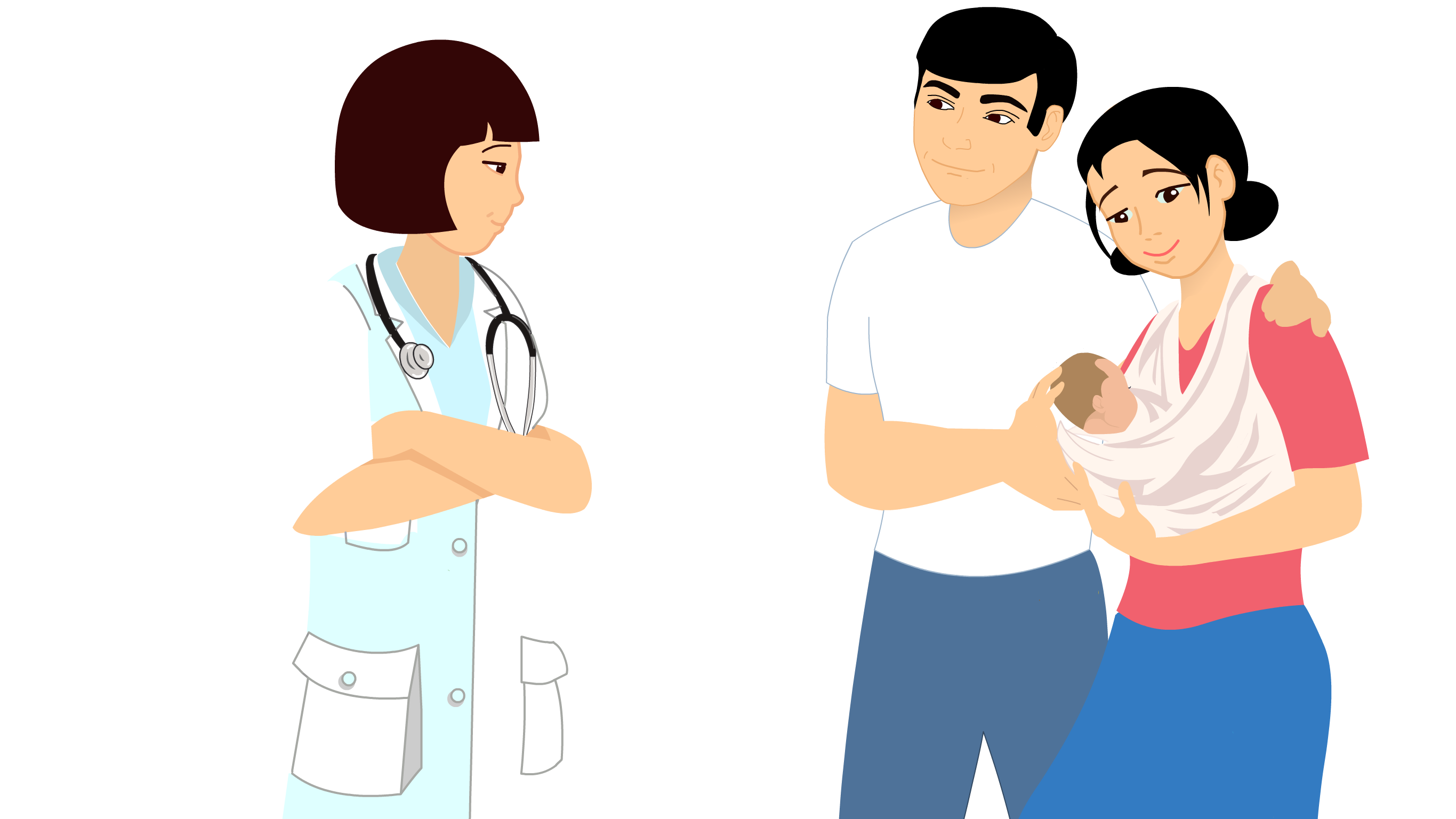
Family, friends and healthcare workers can help to look after you and make sure that you are doing well, eating, sleeping and getting the support that you need.

The authors of this POSTNATAL CARE programme are:
- Dr Teesta Dey
University of Liverpool, UK - Ms Aline Semaan
ITM Antwerp, Belgium - Dr Amani Kikula
Muhimbili University of Health and Allied sciences, Tanzania
The Welfare of Women programme has been created under the General Editorship of Dr Kate Lightly, University of Liverpool, UK and is overseen by an expert International Editorial Board
/
